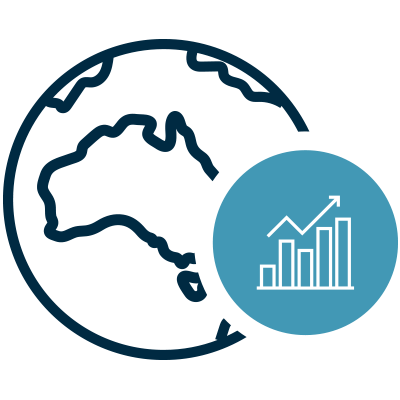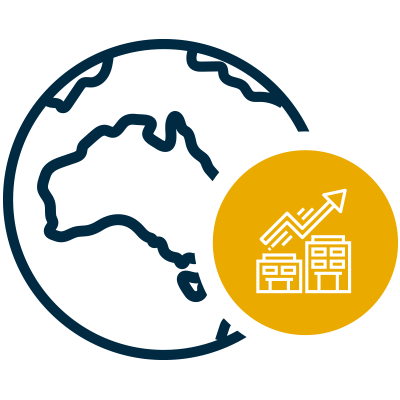SUMMARY
In May, equity markets continued to weigh an increasingly vigorous economic recovery against the risks of rising inflation. According to OECD, the global economy is set to grow this year at the fastest pace in almost half a century. But this rapid growth itself may precipitate an increase in inflation, and in turn, lead to rising interest rates. As low-interest rates have pushed equity markets up for more than a decade, this is food for thought for investors.
Also in the news has been the issue of plastic waste, with stories of plastic dumping and questionable recycling practices hitting the headlines. In this month’s commentary, Seb considers our recycling efforts, the new momentum in reducing plastic waste, and if the “solutions” are actually solving the problem.
As our team continues to grow we are delighted to announce the appointment of Jayne Sutcliffe as Non-Executive Chair, subject to regulatory approval. Jayne has unrivalled experience in building a specialist investment business having founded & served as CEO of Charlemagne Capital. Whilst at Charlemagne Jayne was also heavily involved in the integration of environmental, social, and governance analysis into the investment process, and was an early advocate for ESG in emerging markets investment.
























